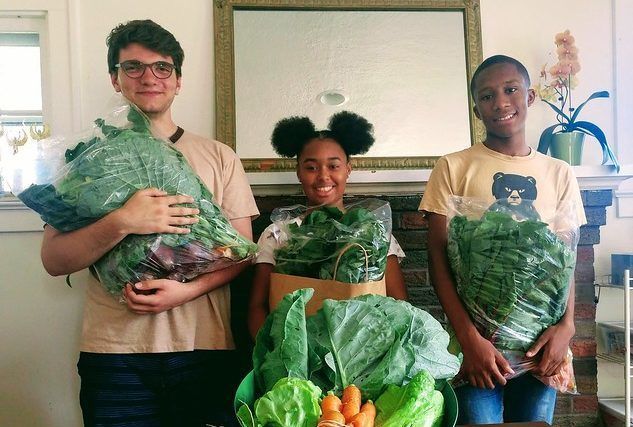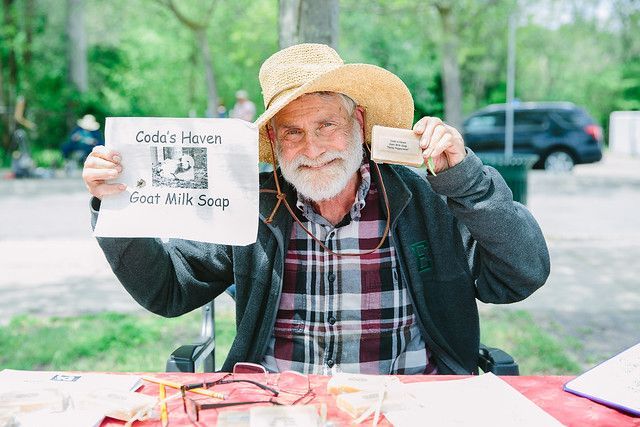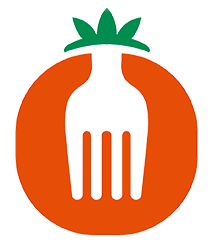Article
From Field to Market
A Conversation with Farmer Megan Lowlor Korovesis
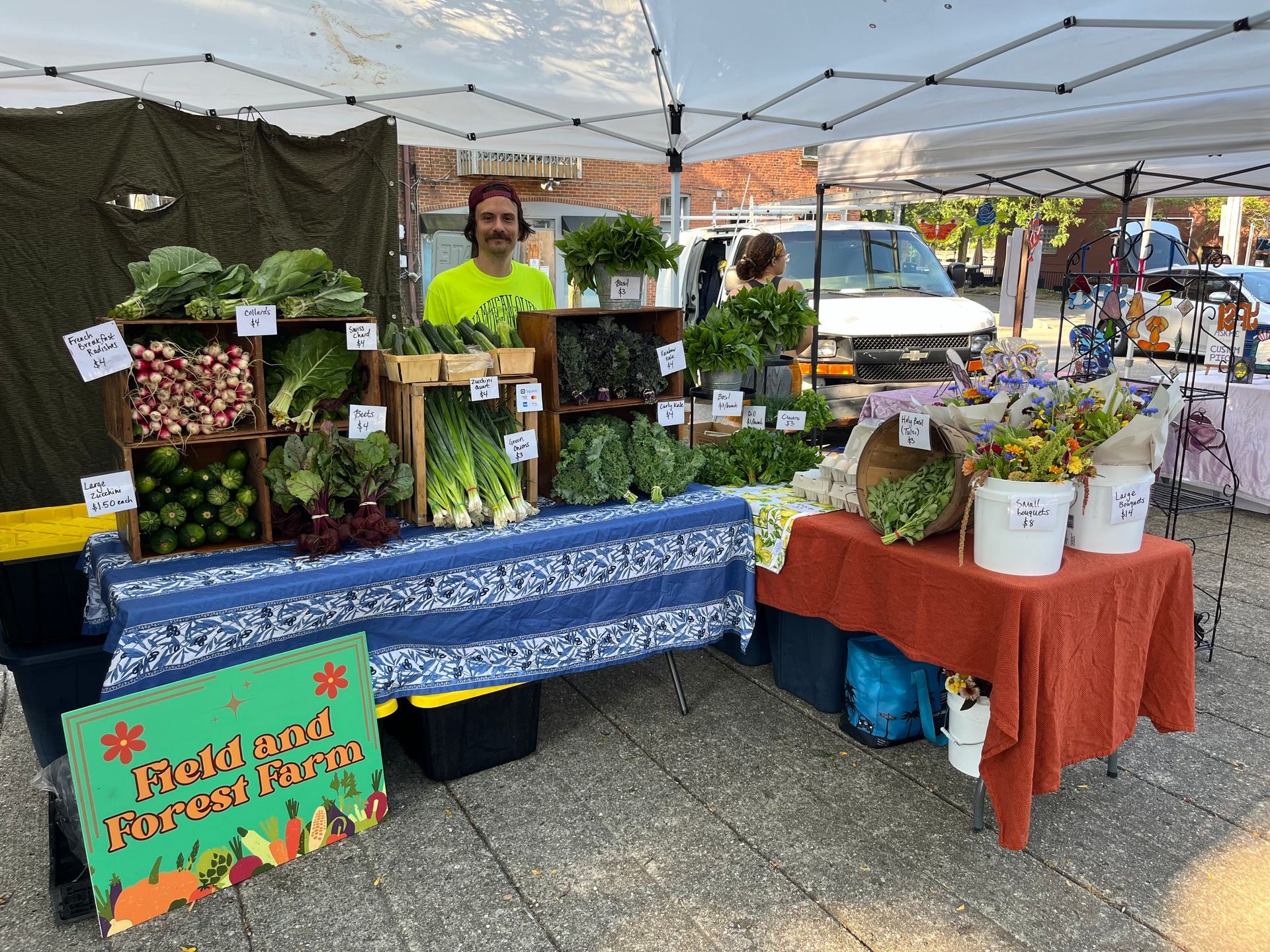
For many of us, a farmers market is where we stop on a Saturday morning, pick up fresh produce, and maybe chat with a vendor or two. But for small farmers, getting to market is the culmination of months of planning, planting, and hard work. As the Ypsilanti Farmers Market prepares to move downtown this season, we sat down with Megan Lowlor Korovesis of Field & Forest Farm to talk about what it means to grow food, build community, and why this market is such a special place to sell.
The First Market: "A Huge Triumph"
Julius Buzzard: Megan, I want to start with your very first day at the Ypsilanti Farmers Market. Can you take me back to that moment? What did it feel like to step behind the table as a vendor for the first time?
Megan Lowlor Korovesis: Oh, it was a huge triumph. I remember looking at our stand, filled with fresh produce, and thinking, Wow, we actually did it. There’s so much work that goes into growing food, and that first market was the moment where it all came together. Seeing people stop, buy our food, and even come back week after week—it was incredible. It made all the effort feel so worth it.
JB: What was that effort like? I think a lot of people don’t realize just how much goes into getting food to market.
MLK: Oh, absolutely. The work starts long before market day. In February—sometimes even earlier—we’re already sowing seeds. Every step after that is a hurdle: making sure the seedlings survive, preparing the fields, keeping pests away, harvesting, washing, packing. And then there’s the unpredictability of it all—maybe the weather doesn’t cooperate, or a crop doesn’t grow the way you planned. By the time you get to market, you’ve already put in months of work.
And most of what we do is by hand. Small-scale farming is physically demanding, labor-intensive work, but it’s a labor of love. When someone comes to our stand and tells us how much they enjoyed the food, it makes every bit of effort feel worthwhile.
Beyond Buying Food: Farmers Markets as Community Spaces
JB: One of the things I love about farmers markets is how they bring people together—it’s not just about buying food, it’s about connecting with the people who grow it. Has being a vendor changed the way you think about food and community?
MLK:
Absolutely. When you sell at a farmers market, you’re not just putting food on a shelf and hoping people buy it—you’re talking to people, hearing their stories, answering their questions.
I love when customers come back and tell me what they made with what they bought. Maybe they tried a new recipe or discovered that a fresh, local carrot tastes completely different from what they’re used to at the grocery store. It’s also great when people ask about the farming process—why certain crops taste sweeter at certain times of the year, or how to cook a vegetable they’ve never used before. Those conversations create a deeper connection to food.
And it goes both ways. I’ve had people tell me what they’re growing in their home gardens, and we swap ideas about what’s working and what’s not. It’s this wonderful exchange of knowledge and experience that you just don’t get anywhere else.
The Market Moves Downtown: What Changes & What Stays the Same
JB: This year, the Ypsilanti Farmers Market is moving downtown to Washington Street. As a farmer, what does that shift mean for you?
MLK: I’m really excited about it. The Freight House was a great space, but downtown has so much to offer. The new location puts the market closer to other small businesses, which means people can shop at the market and then explore the area—maybe grab a coffee, check out a local shop, make a whole morning of it.
JB: Do you think it will change the feel of the market?
MLK: I think it will bring more people in, but what makes this market special will still be the same. There’s a real sense of community here. The vendors are supportive of each other, the customers are curious and engaged, and it’s a space where everyone feels welcome.
One thing I really appreciate about the Ypsi Market is that it’s intimate. Some bigger markets, like Ann Arbor’s, can be overwhelming—parking is tough, and it’s so crowded that you don’t always get the chance to talk with the farmers. Ypsi’s market is different. It’s slower-paced in the best way—you can take your time, ask questions, and really connect with the people behind the food.
Why Shopping at a Farmers Market Matters
JB: If someone has never been to the Ypsilanti Farmers Market before, how would you describe what makes it special? Why should they come out and see it for themselves?
MLK:
I’d say come for the food, but stay for the experience. Yes, you’re getting fresh, local produce, but you’re also getting a chance to meet the people who grew it, to ask questions, to learn about where your food comes from. There’s a warmth to this market—people chat with each other, they linger, they share recipes. It’s not just shopping, it’s a way to be part of something bigger.
And when you buy from a local farmer, you’re not just supporting that one person—you’re investing in your community. Every dollar spent at the market stays local, helps a small farm keep going, and contributes to a food system that values sustainability, health, and connection.
What’s Next for Field & Forest Farm
JB: Before we wrap up, what’s ahead for you this season?
MLK: We’re expanding! This will be our second full growing season, and we’re adding a CSA program where people can get a weekly share of fresh produce. The Ypsilanti Farmers Market will be one of our pickup locations, which is really exciting.
We’re also continuing to experiment with new crops, moving closer to reaching our goals of being no-till, and just growing in every sense of the word. I’m looking forward to seeing familiar faces at the market, meeting new customers, and sharing the food we love to grow.
JB:
It sounds like an exciting season ahead. Megan, thanks so much for taking the time to talk today—I can’t wait to visit your stand at the new downtown market.
MLK:
Thank you! I’m really looking forward to it.
Visit the Ypsilanti Farmers Market
📍 New Location: 16 S. Washington Street
🗓 Opening Day: May 3, 2025 | ⏰ 9 AM – 1 PM
Want to support local farmers like Megan? Become a Friend of the Market today and invest in a thriving, just food system.
👉
Become a Friend of the Market Today!
share this
Related Articles
Related Articles
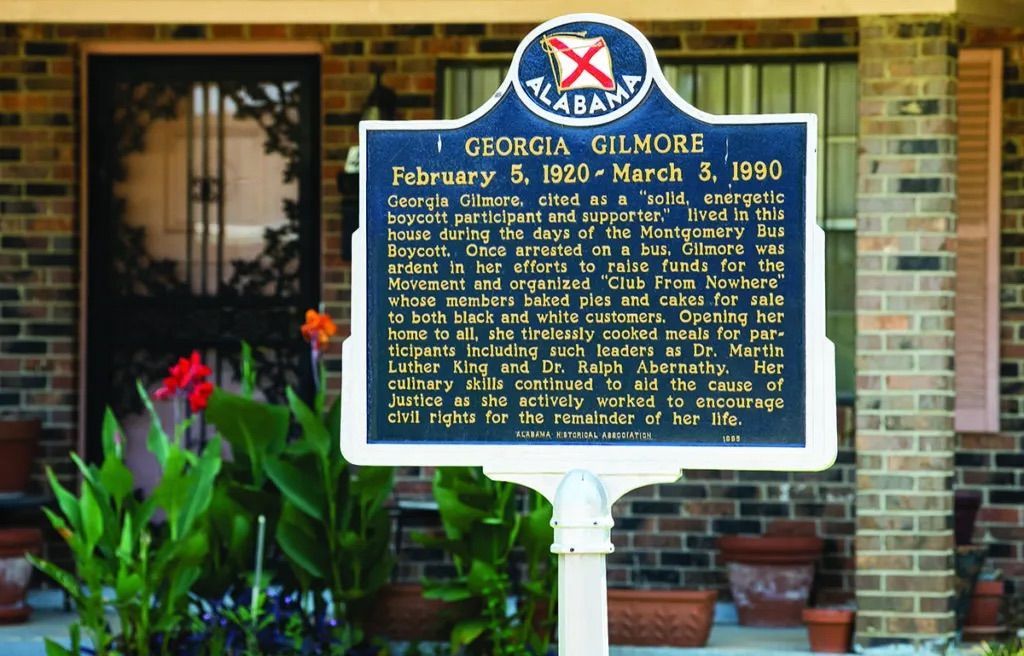

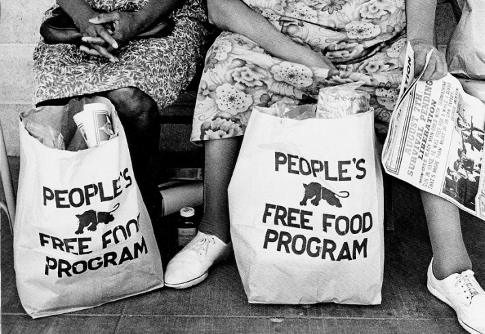
STAY UP TO DATE
GET PATH'S LATEST
Receive bi-weekly updates from the church, and get a heads up on upcoming events.
Contact Us


